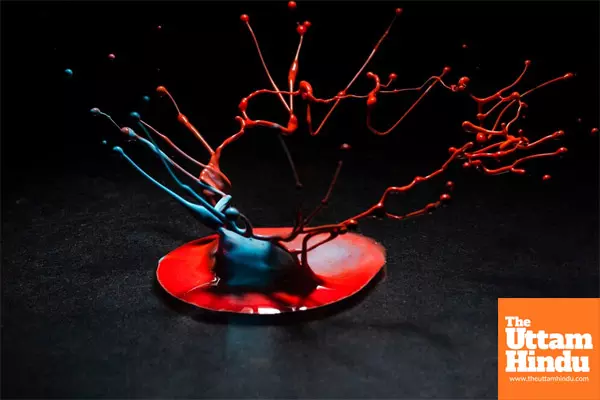
AI Could Predict True Biological Age from Just 5 Drops of Blood

New Delhi (The Uttam Hindu): — Scientists at Osaka University in Japan have developed a groundbreaking AI model to estimate a person's biological age — an indicator of how well their body has aged, as opposed to simply counting the years since birth.
Using just five drops of blood, the new method analyzes 22 key steroids and their interactions to offer a more accurate health assessment.
Published in *Science Advances*, this pioneering study represents a significant step in personalized health management, enabling earlier detection of age-related health risks and more tailored interventions.
“Our bodies rely on hormones to maintain homeostasis, so we thought, why not use these as key indicators of aging?” said Dr. Qiuyi Wang, co-first author of the study.
To explore this idea, the team focused on steroid hormones, which play an essential role in metabolism, immune function, and stress response.
They developed a deep neural network (DNN) model that accounts for steroid metabolism pathways, marking the first AI model to examine the interactions between different steroid molecules.
A key finding from the study involves cortisol, a steroid hormone linked to stress. The researchers discovered that when cortisol levels doubled, biological age increased by approximately 1.5 times. This suggests that chronic stress could accelerate aging on a biochemical level, highlighting the importance of managing stress for long-term health.
“Stress is often discussed in general terms, but our findings provide concrete evidence that it has a measurable impact on biological aging,” said Professor Toshifumi Takao, a corresponding author and expert in analytical chemistry and mass spectrometry.
The team believes that this AI-driven biological age model could lead to more personalized health monitoring. Future applications may include early disease detection, customized wellness programs, and even lifestyle recommendations aimed at slowing the aging process.

